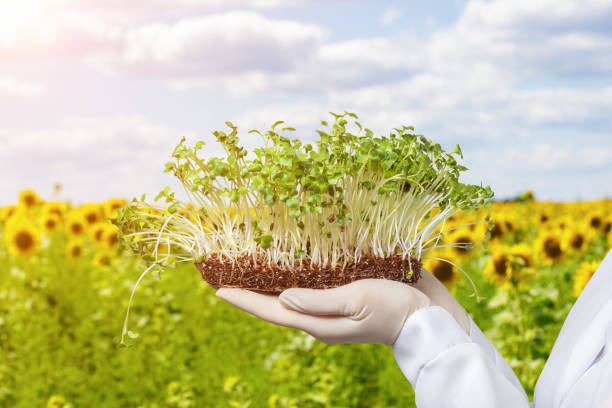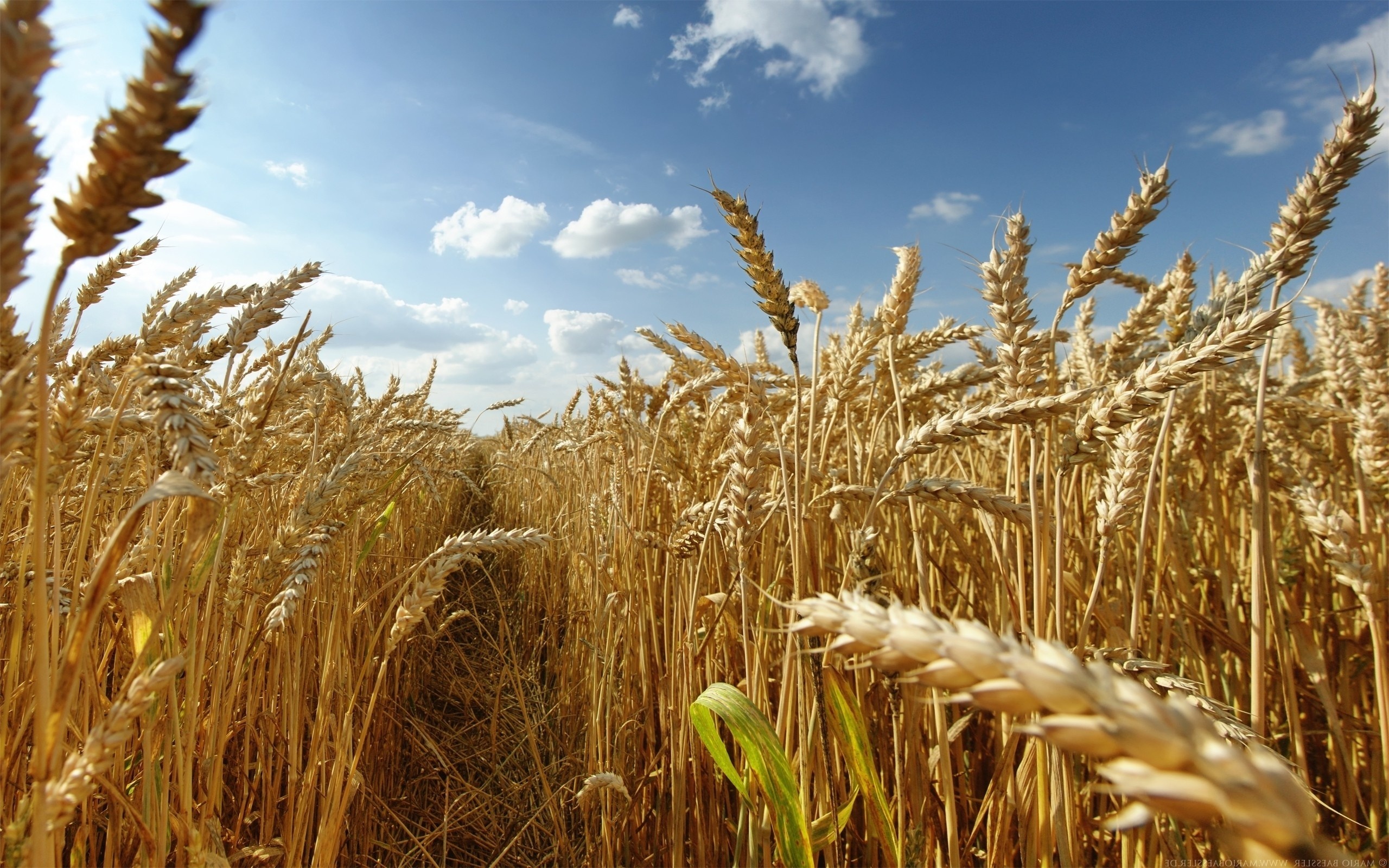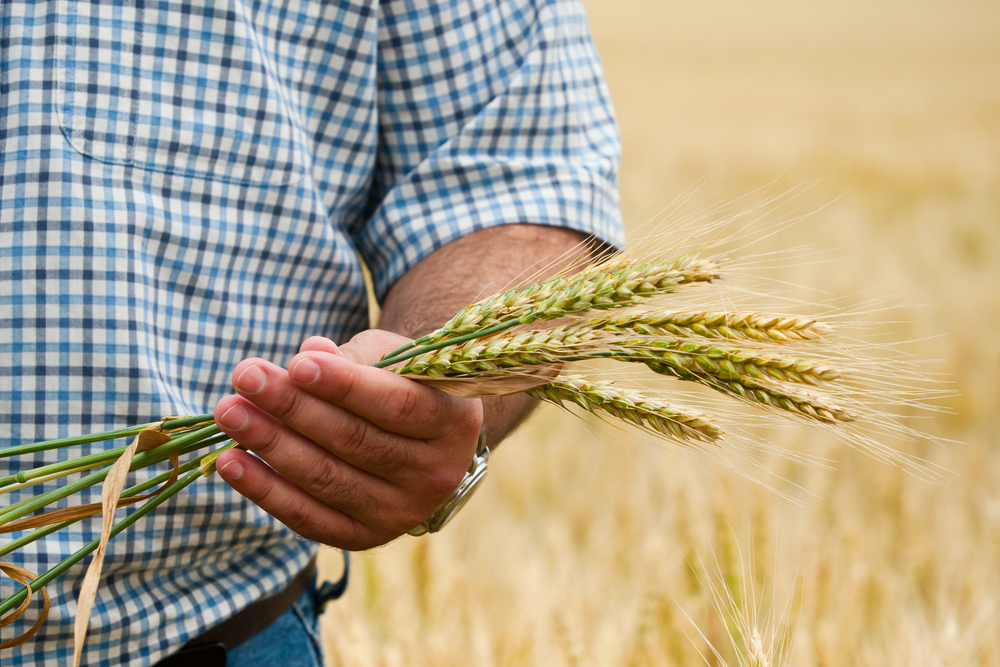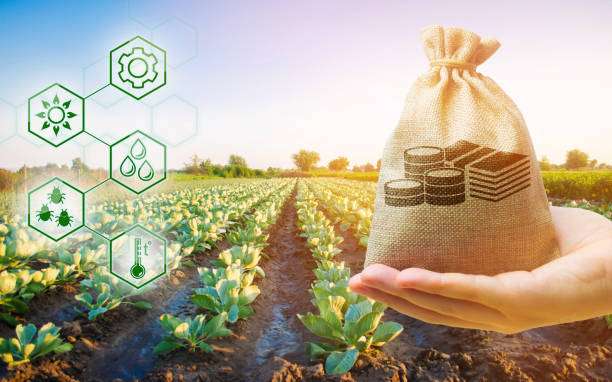Sustainable agriculture is a term that has gained much attention in recent years as the global population continues to grow and concerns about food security and environmental impact increase. It refers to a way of producing food that meets present needs without compromising the ability of future generations to meet their own needs. As we face the challenges of feeding a growing population while also protecting our planet, the role of farmers becomes crucial in shaping our food future. In this blog post, we will explore the concept of sustainable agriculture and the important role that farmers play in implementing sustainable practices.
Understanding the Concept of Sustainable Agriculture
Sustainable agriculture is not just a buzzword; it is a concept that encompasses a range of farming practices aimed at minimizing environmental impact while ensuring the long-term availability of resources. At its core, sustainable agriculture is about finding a balance between meeting our present needs for food production and preserving the ability of future generations to meet their own needs.
One of the crucial principles of sustainable husbandry is soil health. Healthy soils are the foundation of successful farming, as they support plant growth and contribute to biodiversity. Sustainable farmers focus on building and maintaining healthy soils by practicing techniques such as crop rotation, cover cropping, and minimal tillage. These practices help to enhance soil fertility, reduce erosion, and minimize the use of synthetic fertilizers and pesticides.
Water management is another important aspect of sustainable agriculture. With increasing water scarcity, sustainable farmers implement methods to conserve water and minimize pollution. They may use techniques like drip irrigation, rainwater harvesting, and precision irrigation to ensure that water is used efficiently and without waste. By managing water resources responsibly, sustainable farmers can contribute to water conservation efforts and protect the quality of local water sources.
Biodiversity conservation is also central to sustainable agriculture. Farmers who practice sustainable agriculture strive to protect and enhance biodiversity on their land. This may involve creating habitat for beneficial insects and pollinators, planting hedgerows and windbreaks, or even establishing wildlife corridors. By promoting biodiversity, sustainable farmers contribute to the overall health of ecosystems and reduce the reliance on harmful chemical inputs.
Additionally, sustainable agriculture emphasizes the use of renewable resources and energy-efficient practices.sustainable Farmers may incorporate renewable energy sources like solar or wind power to reduce reliance on fossil fuels. They may also adopt agroforestry practices, which involve integrating trees and crops, to increase carbon sequestration and enhance ecosystem services.
In summary, sustainable agriculture is about implementing practices that minimize environmental impact, promote soil health, conserve water resources, enhance biodiversity, and use renewable resources. By understanding and adopting these principles, farmers can play a vital role in shaping our food future and ensuring a sustainable and secure food supply for generations to come.

The Current State of Farming Practices and its Impact on Environment
Farming practices have come a long way over the years, but unfortunately, many of the conventional methods being used today are having a detrimental impact on the environment. The current state of farming practices paints a troubling picture of unsustainable practices that are leading to soil degradation, water pollution, and biodiversity loss.
One of the major issues with conventional farming is the heavy reliance on synthetic fertilizers and pesticides. While these chemicals have undoubtedly helped increase crop yields, they come at a cost. The overuse of fertilizers has led to nutrient imbalances in the soil, reducing its fertility and overall health. Pesticides, on the other hand, not only kill harmful insects but also beneficial ones, such as bees and other pollinators, which are crucial for maintaining biodiversity.
Another concerning aspect of current farming practices is the excessive use of water. In many regions, water resources are being depleted faster than they can be replenished. Irrigation systems, although essential for crop growth, often waste significant amounts of water through inefficient methods. Additionally, runoff from farms can carry pollutants such as fertilizers and pesticides into nearby water sources, further degrading water quality.
The impact of farming on biodiversity is also a growing concern. Large-scale monocropping, where a single crop is grown over vast areas, leads to the loss of habitat for native species. The destruction of natural habitats and the use of chemical inputs contribute to a decline in biodiversity, disrupting ecosystems and reducing their resilience.
These unsustainable farming practices have far-reaching consequences for both the environment and our own well-being. They contribute to climate change, degrade natural resources, and jeopardize our food security. However, the good news is that change is possible, and farmers can play a crucial role in transitioning to more sustainable agricultural practices.
By adopting practices such as organic farming, agroforestry, and regenerative agriculture, farmers can reduce their reliance on synthetic inputs and restore soil health. They can implement water-saving techniques, such as precision irrigation and rainwater harvesting, to conserve this precious resource. Additionally, by creating habitat for beneficial insects and wildlife, farmers can promote biodiversity and natural pest control.
The current state of farming practices may be concerning, but with the collective effort of farmers, policymakers, and consumers, we can make a significant difference. By supporting sustainable agriculture and demanding more environmentally-friendly farming practices, we can protect our planet, ensure food security, and shape a better future for generations to come.
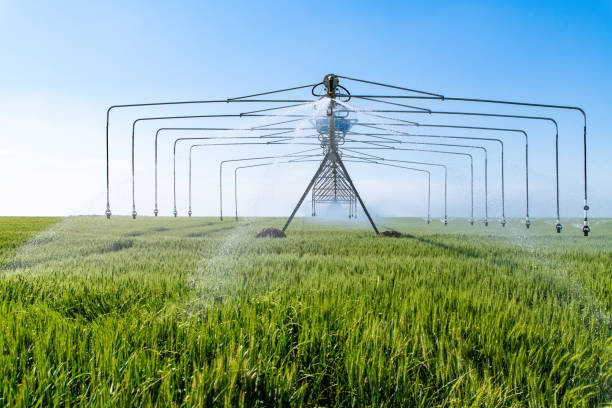
The pivotal part of Farmers in Sustainable Agriculture
Farmers play a crucial role in sustainable agriculture. They are the ones on the front lines, implementing practices that minimize environmental impact and promote a more sustainable and secure food future. Without the dedication and commitment of farmers, the vision of sustainable agriculture would remain just that – a vision.
One of the primary ways in which farmers contribute to sustainable agriculture is by adopting and implementing sustainable farming practices. As mentioned earlier, sustainable agriculture involves techniques such as crop rotation, cover cropping, and minimal tillage, all of which are aimed at enhancing soil health. Farmers are responsible for implementing these practices on their land, ensuring that they are carried out effectively and in a way that optimizes soil fertility and minimizes erosion.
Water management is another area where farmers play a crucial role. Sustainable farmers are mindful of water resources and implement techniques such as drip irrigation and rainwater harvesting to minimize water waste. They also take steps to prevent water pollution, ensuring that the water they use for irrigation or livestock is clean and free from harmful pollutants. By practicing responsible water management, farmers contribute to the conservation of this precious resource.
Farmers also play a significant role in promoting biodiversity on their land. By creating habitat for beneficial insects and wildlife, planting hedgerows and windbreaks, and even establishing wildlife corridors, farmers contribute to the preservation of biodiversity and the health of ecosystems. This, in turn, helps to reduce the reliance on chemical inputs and promote natural pest control.
Furthermore, farmers have the power to influence consumer behavior and demand for sustainable agricultural practices. By adopting sustainable practices and marketing their products as sustainably produced, farmers can educate and inspire consumers to make more sustainable choices when it comes to their food. This creates a ripple effect that extends beyond the farm, shaping the entire food system towards more sustainable practices.
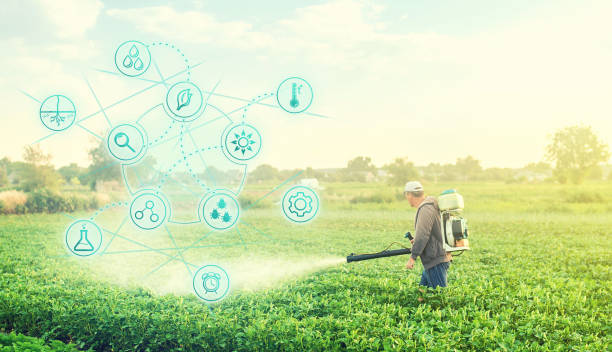
Case Studies: Successful Stories of Sustainable Farming
Agriculture plays a vital role in our daily lives, and it is crucial that we find sustainable solutions to feed the growing population while protecting our planet. Fortunately, there are numerous success stories of farmers who have implemented sustainable farming practices and are leading the way in shaping a more sustainable food future.
One inspiring case study comes from Astarte Farms, a vertical farm located in Chicago. This innovative farm utilizes hydroponic systems to grow leafy greens and herbs in a controlled environment. By growing crops vertically, Astarte Farms maximizes space and reduces the need for land, water, and synthetic inputs. They also employ energy-efficient LED lighting and advanced irrigation systems to minimize resource consumption. Through their sustainable practices, Astarte Farms is able to produce high-quality, locally grown produce while reducing their environmental impact.
Another example of successful sustainable farming is Chaffin Family Orchards in California. This family-owned farm focuses on regenerative agriculture practices that not only enhance soil health but also promote biodiversity. Chaffin Family Orchards incorporates livestock into their farming system, allowing animals to graze on cover crops and naturally fertilize the soil. They also use compost and natural amendments to replenish soil nutrients, reducing their reliance on synthetic inputs. By embracing regenerative agriculture, Chaffin Family Orchards has improved soil fertility, increased biodiversity, and even restored a nearby creek, benefiting both their farm and the surrounding ecosystem.
In the Netherlands, Kipster Farm is revolutionizing egg production with their sustainable approach. Kipster Farm focuses on animal welfare, using barns that allow chickens to roam freely and access outdoor areas. They have also developed a circular farming system where waste from the chickens is used to produce biogas, which powers the farm. Additionally, Kipster Farm sources their feed locally and uses only organic ingredients. Through their sustainable farming practices, Kipster Farm is not only producing high-quality, ethically sourced eggs but also minimizing their environmental impact.
These case studies highlight the incredible potential of sustainable agriculture in addressing environmental challenges while ensuring food security. By sharing these success stories, we can inspire and motivate more farmers to adopt sustainable practices. With continued support and investment in sustainable agriculture, we can create a future where farming goes hand in hand with environmental preservation and the production of healthy, nutritious food.

Steps to Promote and Implement Sustainable Agricultural Practices
Now that we understand the concept of sustainable agriculture and the crucial role that farmers play, let’s explore the steps that can be taken to promote and implement sustainable agricultural practices. These steps are not only important for the individual farmer but also for the larger food system and our planet.
- Education and Training: Providing farmers with access to education and training on sustainable agriculture practices is essential. This can be done through workshops, conferences, and educational programs that focus on soil health, water conservation, biodiversity conservation, and renewable energy. By equipping farmers with the knowledge and skills they need, we can empower them to adopt sustainable practices.
- Policy Support: Governments and policymakers play a significant role in promoting sustainable agriculture. They can provide incentives and subsidies for farmers who adopt sustainable practices, as well as create regulations and standards that encourage environmentally-friendly farming. By aligning policies with sustainability goals, we can create an enabling environment for farmers to transition to more sustainable practices.
- Financial Support: Transitioning to sustainable agriculture practices may require initial investments. Financial support, such as grants, loans, and subsidies, can help farmers cover the costs of implementing sustainable practices. This can include investing in renewable energy systems, transitioning to organic farming methods, or implementing water-saving technologies. By providing financial support, we can remove barriers and make sustainable agriculture more accessible for farmers.
- Knowledge Sharing and Collaboration: Creating platforms for knowledge sharing and collaboration among farmers is crucial. Farmers can learn from each other’s experiences, share best practices, and collaborate on innovative solutions. This can be done through farmer networks, agricultural extension services, and online communities. By fostering collaboration and information sharing, we can accelerate the adoption of sustainable agriculture practices.
- Consumer Demand: As consumers, we have the power to drive change. By choosing to support farmers who practice sustainable agriculture, we can create a demand for sustainable and locally-produced food. This can be done by buying organic and locally sourced products, supporting farmers’ markets, and advocating for sustainable agriculture in our communities. By voting with our wallets, we can send a powerful message that sustainable agriculture is the way forward.
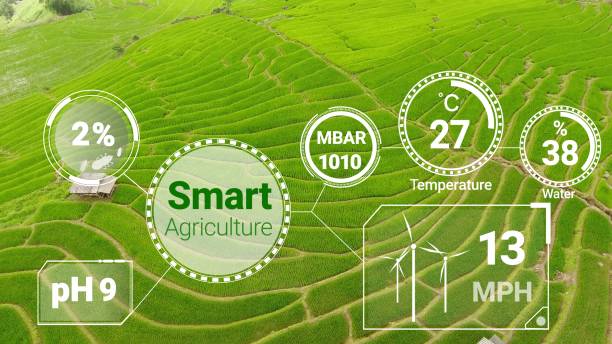
In conclusion, promoting and implementing sustainable agricultural practices requires a collective effort from farmers, policymakers, and consumers. By providing education, policy support, financial assistance, fostering collaboration, and driving consumer demand, we can create an agricultural system that is not only sustainable but also resilient and equitable. Together, we can shape a food future that ensures the well-being of our planet and future generations.
